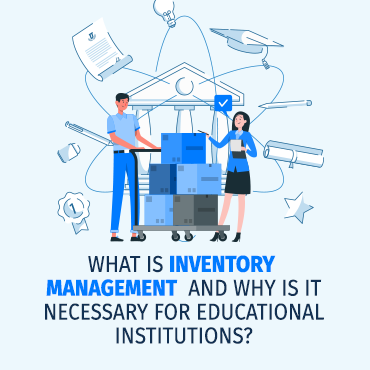Table of Contents
Introduction: Why Skills Matter More Than Grades
What is Outcome-Based Education (OBE)?
Why is the OBE Model the Desired Model?
Student-Centered Learning
Increased Student Interest and Participation
Better Clarity on Student Skills and Talent
Enhanced Teacher-Student Understanding of Roles
Introduction: Why Skills Matter More Than Grades
In today’s fast-paced and highly competitive world, students need actual skills to secure jobs and thrive in their careers. Simply having good grades on paper no longer guarantees placement or success. The corporate world demands individuals who possess practical knowledge and relevant skills.
This is where Outcome-Based Education (OBE) plays a crucial role. Educational institutions must adopt the OBE framework to equip students with the right skills and competencies that lead to better job opportunities and overall career readiness.
What is Outcome-Based Education (OBE)?
Outcome-Based Education is a flexible and dynamic educational approach focused on achieving specific learning outcomes. Unlike traditional methods that emphasize standardized teaching, OBE encourages students to master concepts at their own pace and ensures they acquire critical thinking, research skills, and the ability to integrate knowledge across different subjects.
Why is the OBE Model the Desired Model?
Student-Centered Learning
OBE shifts the focus from teaching content to facilitating student learning. It empowers students to take control of their education by progressing at their own speed and making meaningful connections between various disciplines. This approach nurtures critical thinking and lifelong learning habits.
Increased Student Interest and Participation
By making students accountable for their own learning, OBE promotes active engagement and self-directed study. This leads to higher motivation, better participation, and deeper understanding of the course material.
Better Clarity on Student Skills and Talent
Unlike traditional education, which focuses mainly on knowledge acquisition, OBE highlights the competencies and skills students develop. This ensures students can demonstrate real-world skills essential for professional success. Quality assurance processes in OBE also ensure educational objectives align with industry and academic standards.
Enhanced Teacher-Student Understanding of Roles
OBE redefines the roles of teachers and students. Instead of rigid teaching methods, it encourages diverse teaching strategies and assessments focused on achieving predefined outcomes. This clarity helps educators tailor their approach and supports students in meeting specific goals effectively.





